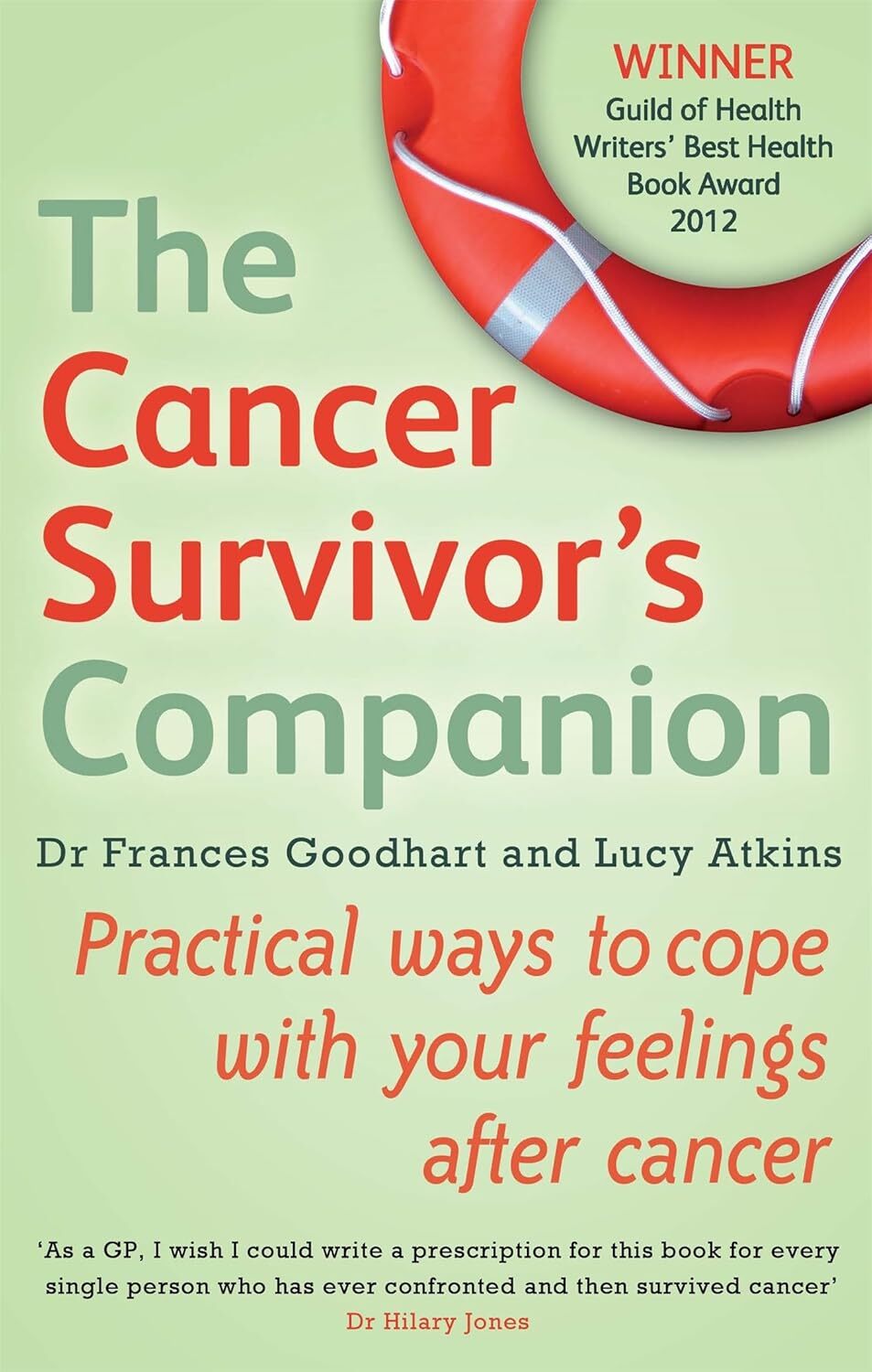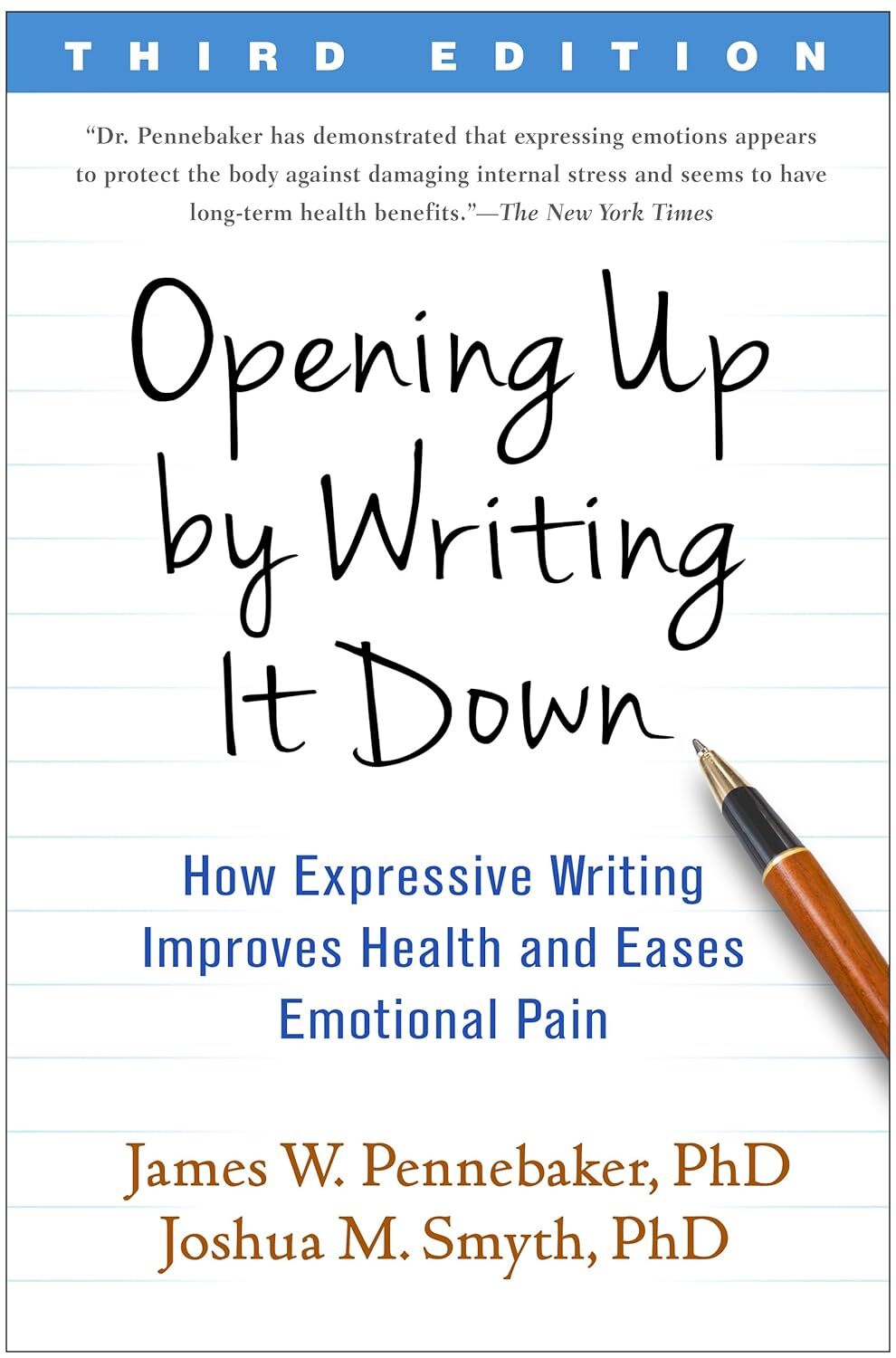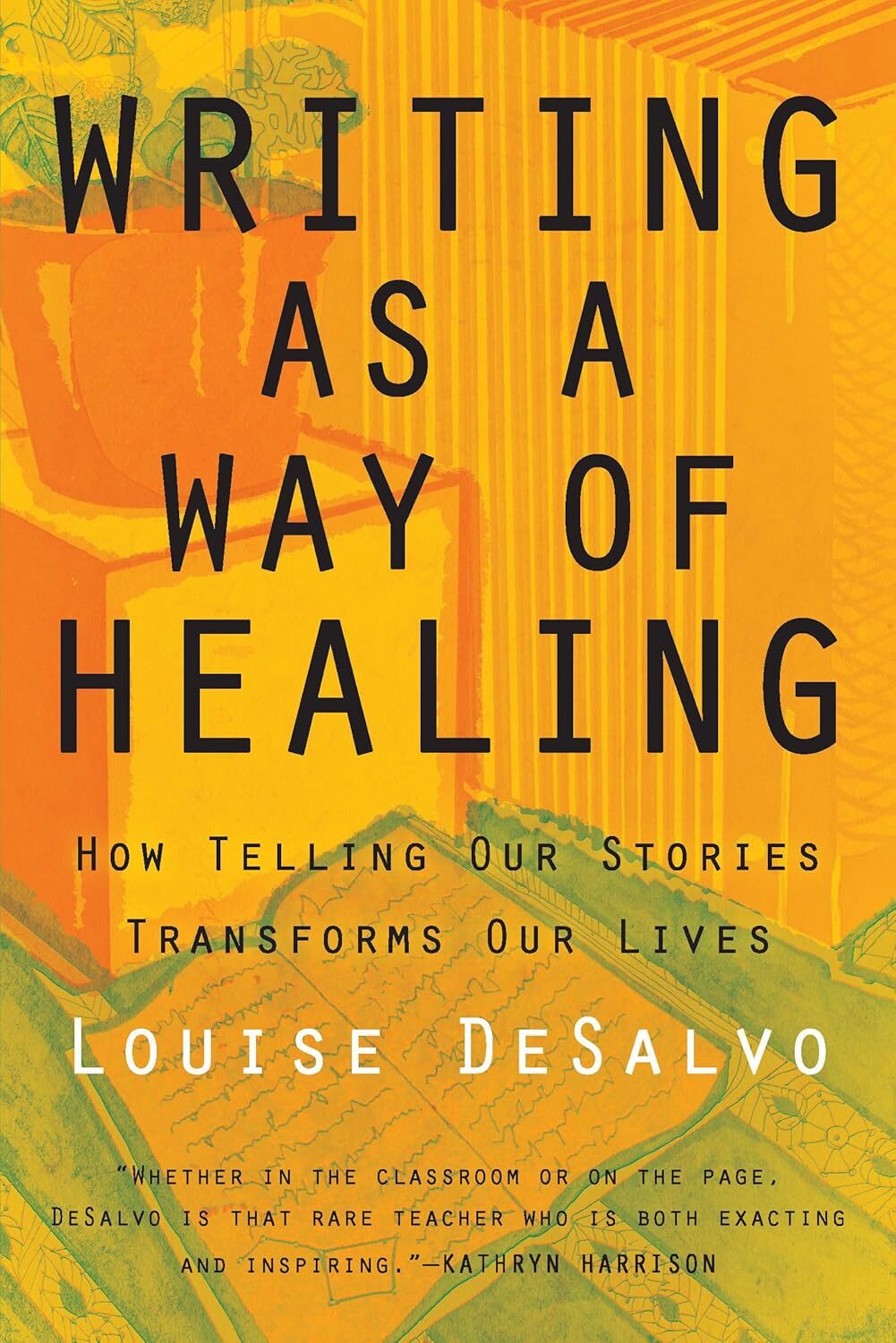Expressive Writing Journal
Process Emotions and Foster Healing Through Reflective Writing

Introduction
Expressive Writing Journal is a therapeutic practice where cancer survivors freely write about their deepest thoughts, feelings, and experiences related to their cancer journey. This tool supports emotional healing and resilience at all recovery stages by providing a safe space to process complex emotions and gain clarity.
What You Need To Know
How To Do It
Instructions:
1. Prepare Your Space
Find a quiet, comfortable spot with minimal distractions. Gather a notebook, pen, or digital device. Allow 15–20 minutes for uninterrupted writing.
2. Set an Intention
Decide to write honestly about your feelings, whether about your cancer experience, recovery, or related challenges. Hold judgment about your feelings until a later time. Focus on authenticity over perfection.
3. Write Freely
Set a timer for 15–20 minutes. Write continuously about your thoughts and emotions without censoring or worrying about grammar. Explore topics like fears, hopes, or changes since diagnosis.
4. Use Prompts if Needed
If unsure where to start, try prompts like:
- What emotions am I holding onto about my cancer journey?
- How has cancer changed my perspective on life?
- What challenges or victories did I experience this week?
5. Reflect Briefly
After writing, take 1–2 minutes to read your work or reflect silently. Note any insights or emotional shifts without being too critical of yourself.
6. Handle Intense Emotions
If writing brings up distress, pause, breathe deeply, or stop. Seek support from a counselor, if needed.
7. Store Safely
Keep your journal private to maintain a safe space for honesty. Use a secure digital app, if preferred.
8. Practice Regularly
Write 3–4 times per week for consistent benefits. Revisit entries over time to track emotional growth.
Helpful Tips:
- Start small: Begin with 5–10 minutes if 15 feels overwhelming.
- Be honest: Write what feels true, even if it’s difficult.
- Stay non-judgmental: Accept all emotions without labeling them as good or bad.
- Use prompts: Rotate questions to explore different aspects of your experience.
- Combine with mindfulness: Pair with deep breathing to stay grounded.
- Track progress: Note changes in mood or clarity over weeks.
- Seek privacy: Ensure your writing space feels safe and secure.
- Consult professionals: Share insights with a therapist for deeper processing.
- Be consistent: Regular writing deepens emotional benefits over time.
Related Topics:
Strongly Related
Reduce Stress:
[Links to related web pages]
[Links to related web pages]
Issue C:
[Links to related web pages][Links to related web pages]
Moderately Related
Issue B:
[Links to related web pages]
[Links to related web pages]












